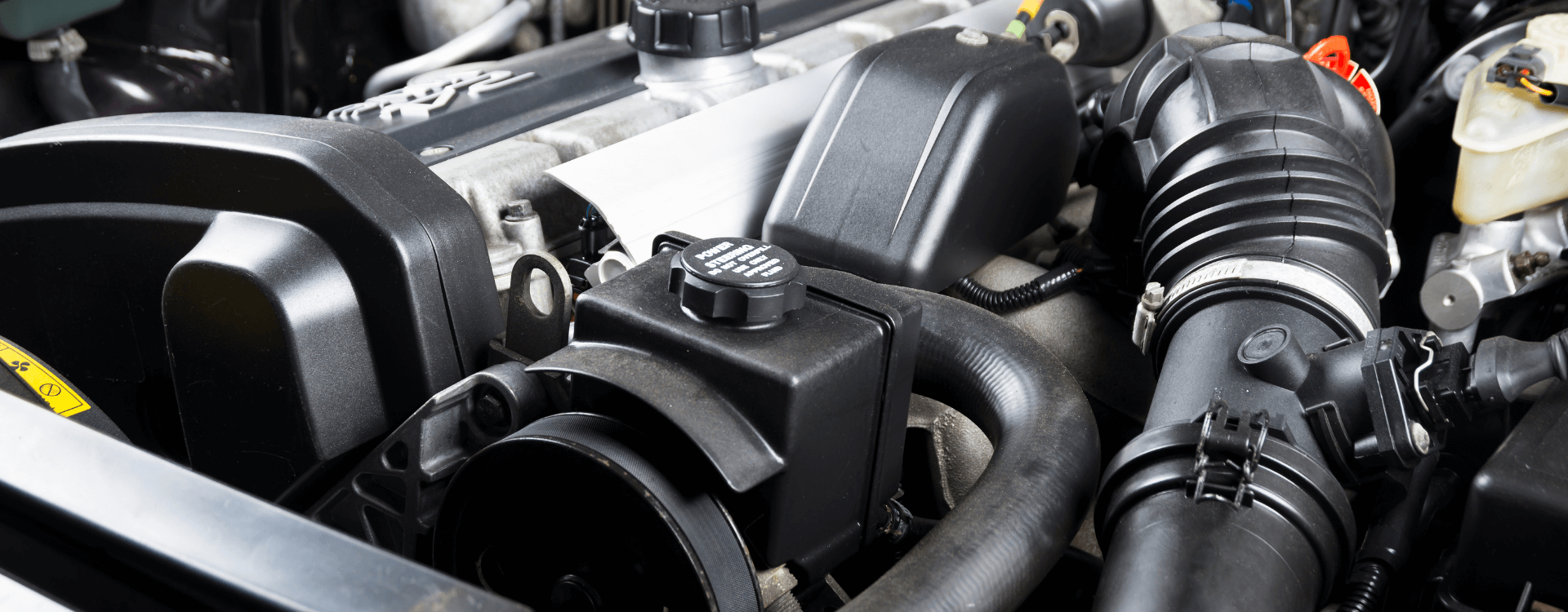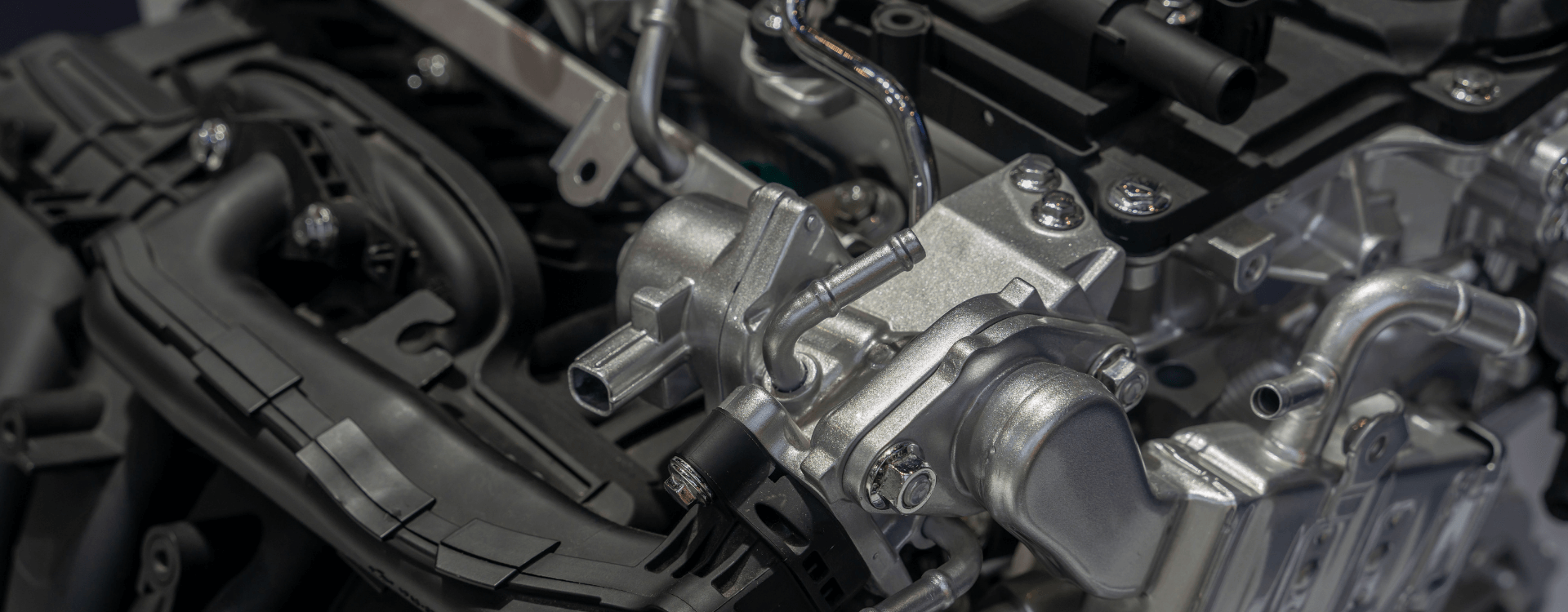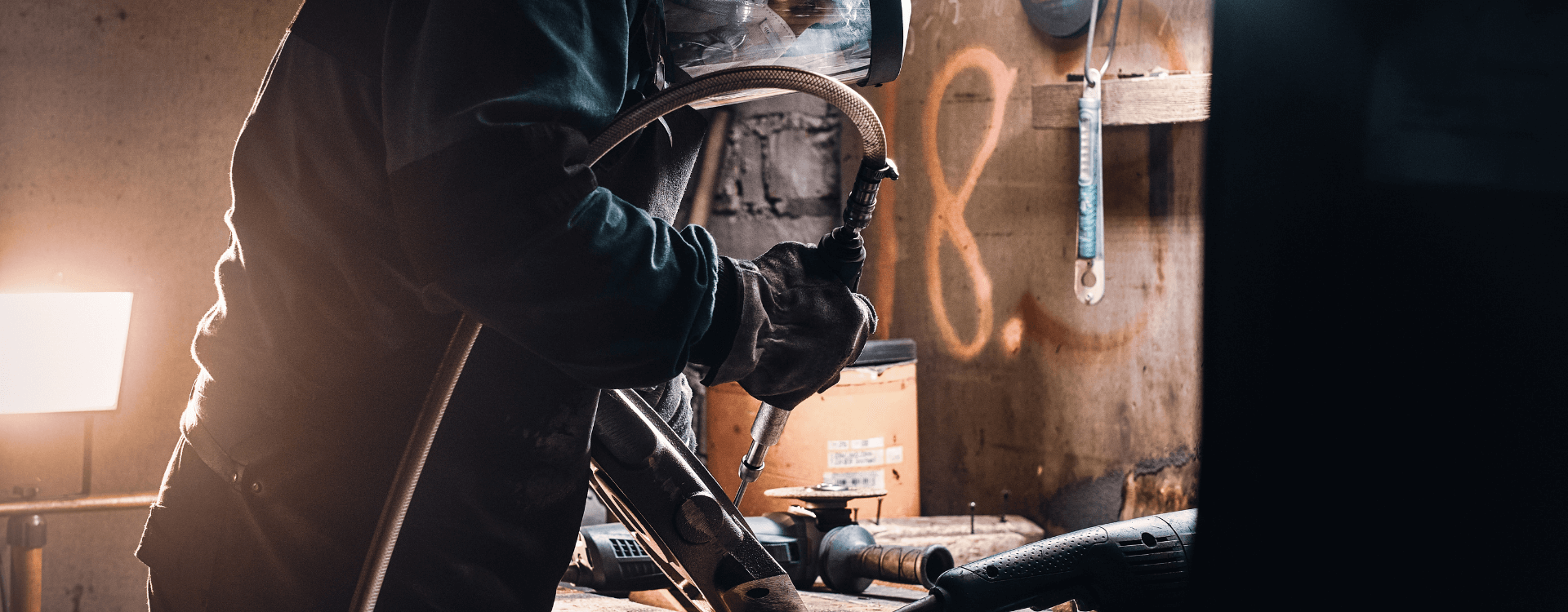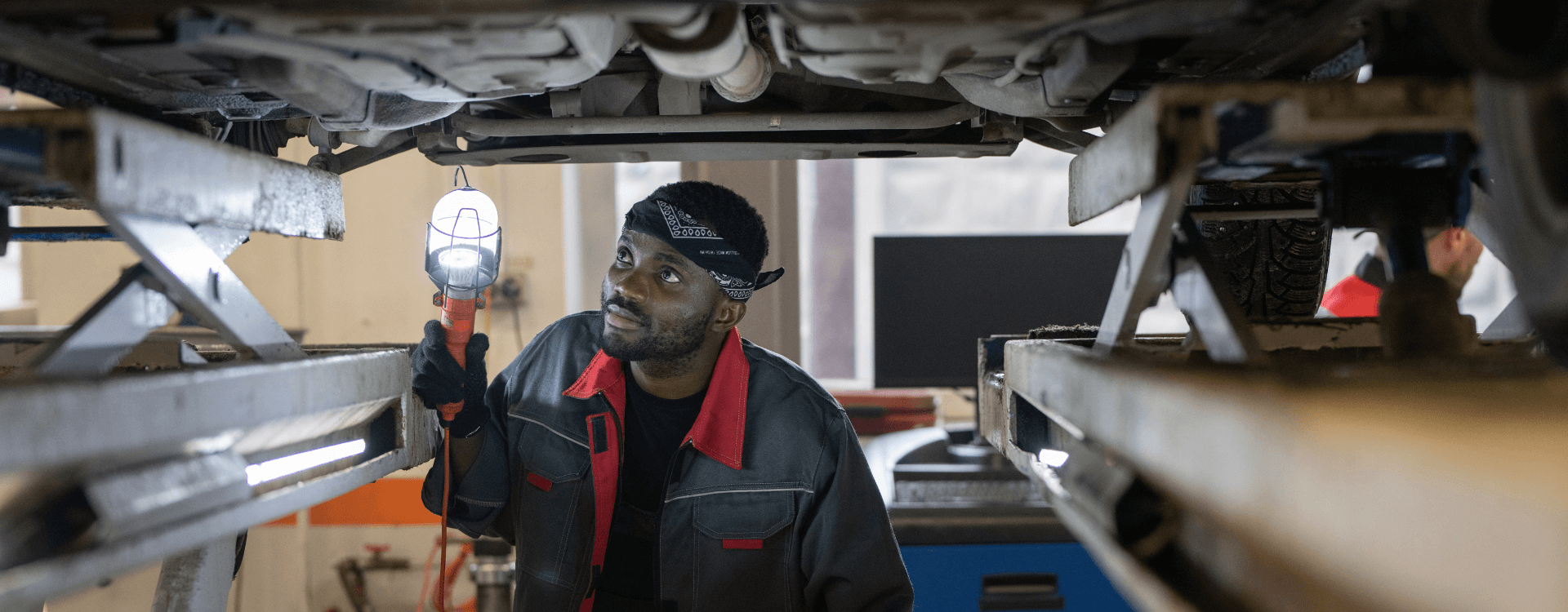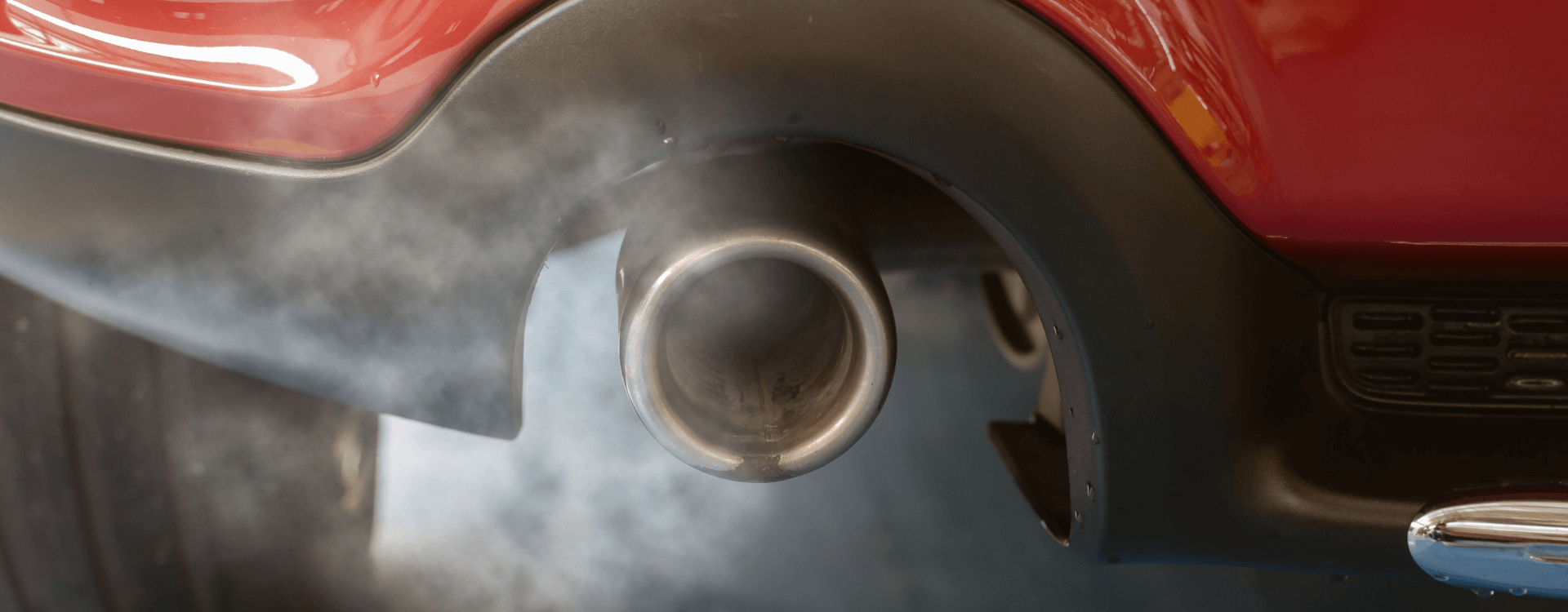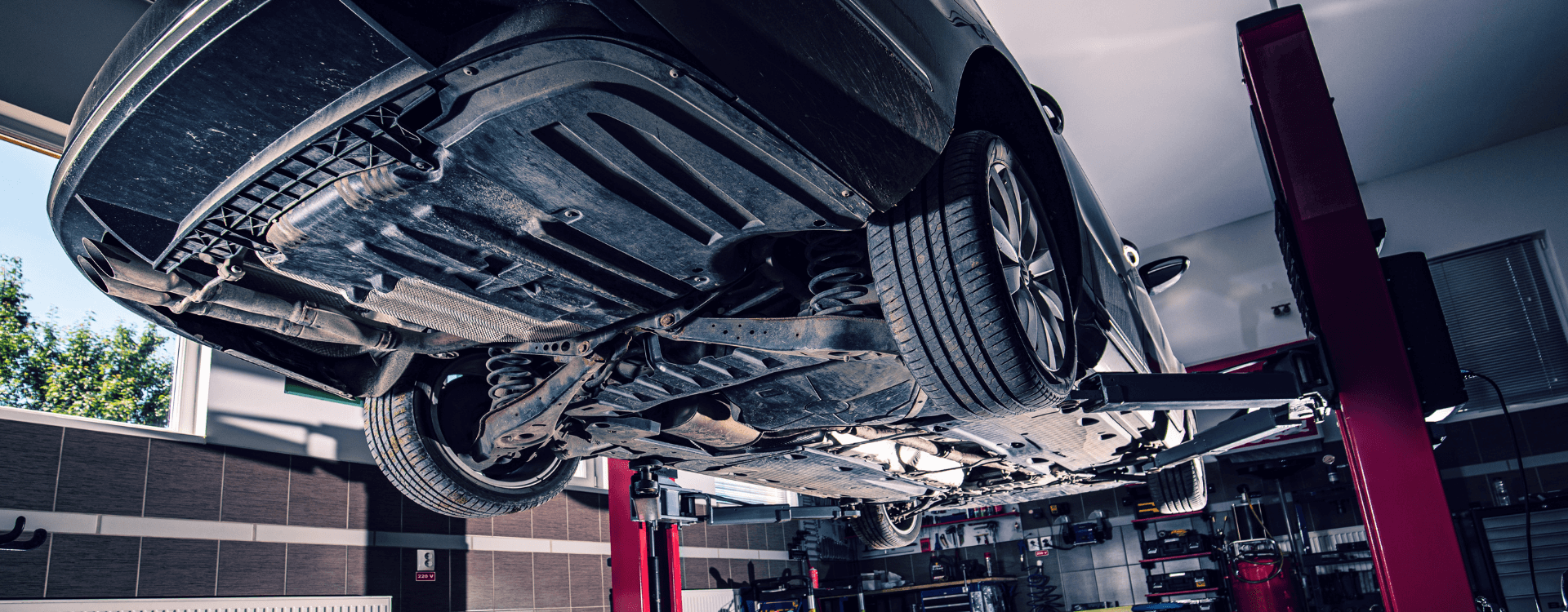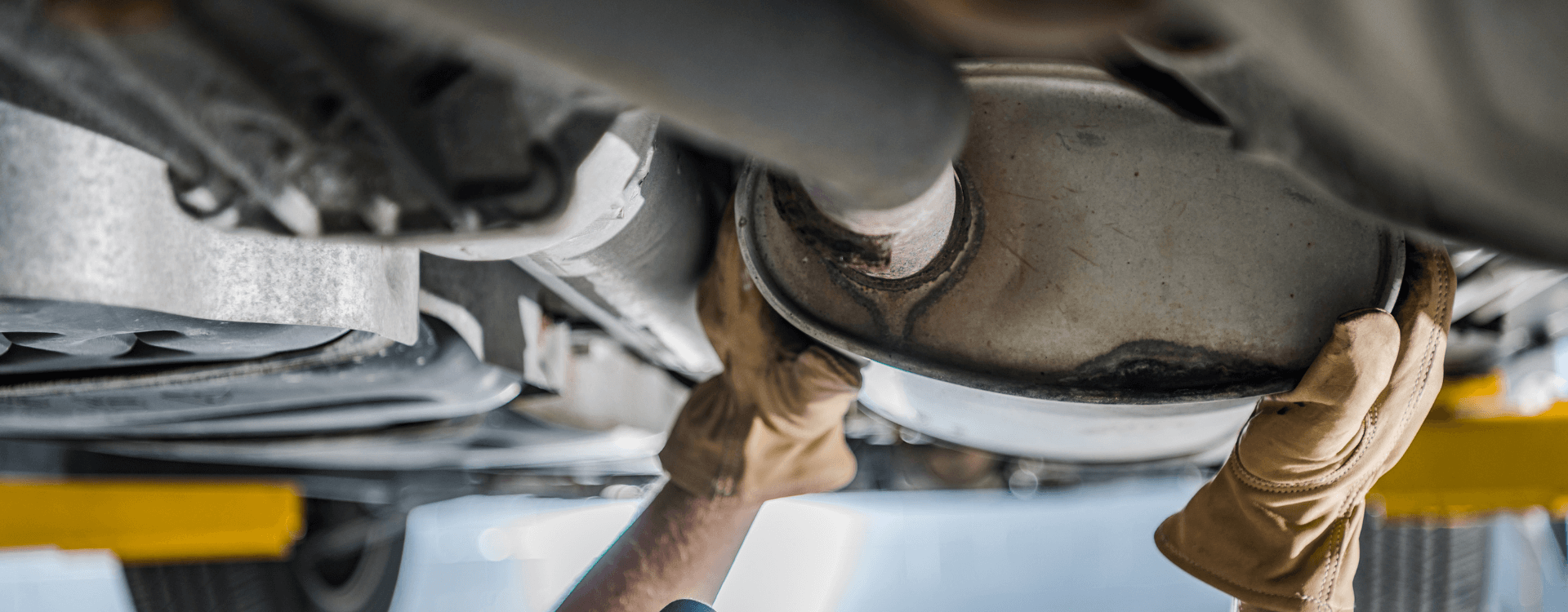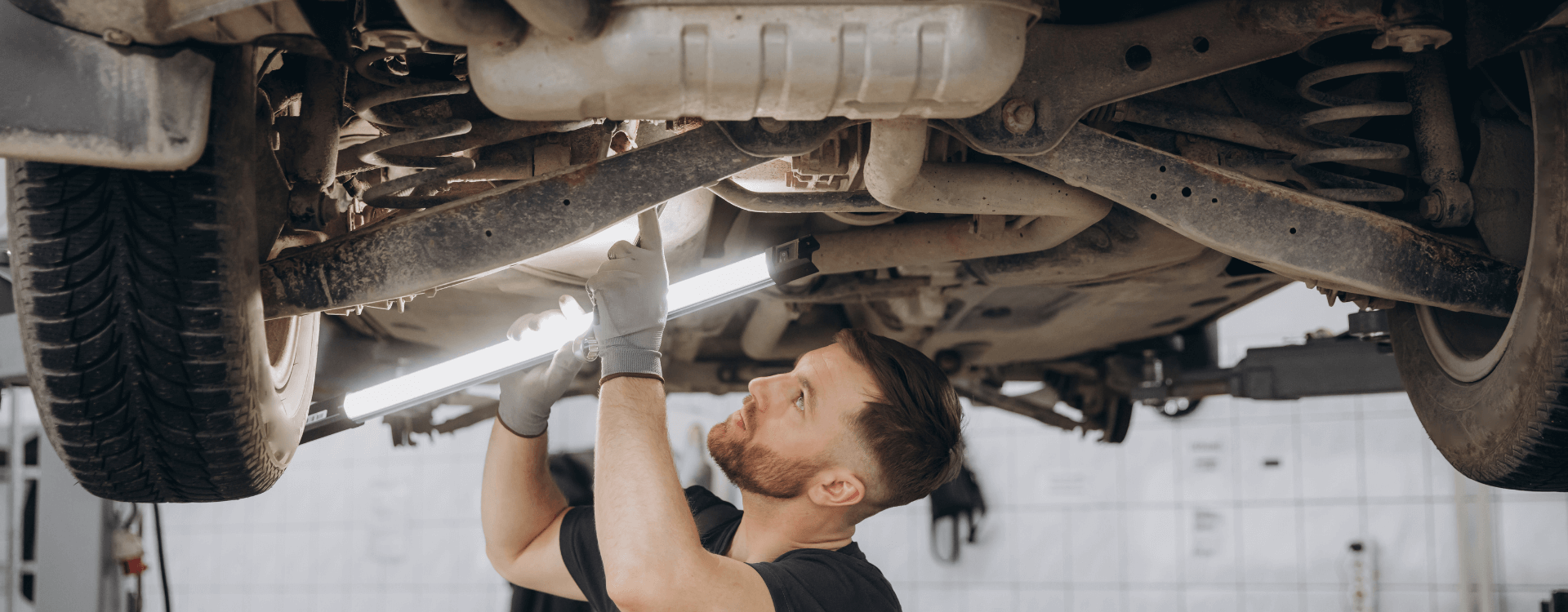
What is the lifespan of a DPF or catalytic converter ?
There are more anti-pollution devices than ever before in our modern cars. The catalytic converter (mandatory since 1993 for gasoline cars and 1997 for diesel cars) has been generally well accepted by motorists.The diesel particulate filter, mandatory on all diesel vehicles since 2011, is now being extended to gasoline cars. These anti-pollution devices often raise concerns about an increased risk of breakdown. But what is the real situation ? How long do the catalysts and diesel particulate filters in our cars really last?
Catalytic converter's lifetime
Also known as a catalytic converter, the catalyst generally has a service life of between 80 and 120,000 kilometers. But be careful; you have to take a step back with this information because many parameters can positively or negatively influence this data. For instance, a car that only drives in the city and makes very short journeys will not allow the catalytic converter to reach the 400°C required for its operation. As a result, the catalytic converter becomes clogged and can lead to premature wear and tear. However, other parameters are taken into account as the catalysts have a ceramic structure. In case of shock, it can break and again cause the catalyst to break.
If you own a BMW 5 Series and the majority of your car's journeys are on freeways, then your BMW 5 Series catalyst has a good chance of reaching 200,000 kilometers or even more. Finally, one final parameter comes into play. Some manufacturers of cheap catalysts cut back on quality, and this has a direct impact on the device's lifetime. At Krosfou, our factory priced catalysts are made of STAINLESS STEEL 409 and use a high-quality ceramic which ensures endurance and optimal removal of unburned hydrocarbons and nitrogen oxides.
Do you want to know if your Catalytic Converter is Bad ? Do you want to know if your DPF is clogged ?
The diesel particulate filter's lifetime.
As the catalytic converter, the service life of a diesel particulate filter is extremely variable. Petrol cars' DPF are relatively durable and do not clog. Conversely, a DPF on an Audi A3 TDI (or any other diesel car) can become clogged. Even more so than the catalytic converter, the DPF is sensitive to it. To prevent clogging, it is necessary to drive for reasonably long periods of time (ideally at least 30 minutes) so that the particles collected by the DPF can be burned off during a regeneration cycle. Without this, the DPF will become irreparably clogged and will require premature replacement. Many people drive with diesel in the city, which significantly reduces the average life of this device.
In fact, a diesel particulate filter can reach 80 to 120,000 kilometers, depending on the manufacturer. Some inferior quality DPF give way well before that. Our diesel particulate filters are made of STAINLESS STEEL, with a high-quality ceramic monolith. But most importantly, we have developed a unique process for coating the deposit of thin layers of rare metals. This significantly improves the service life of a DPF since regeneration cycles are more.This means that your car's DPF will be able to cope with the kilometres more easily. Some cars with 200,000 kilometres still have the same particulate filter. Why shouldn't you ?

